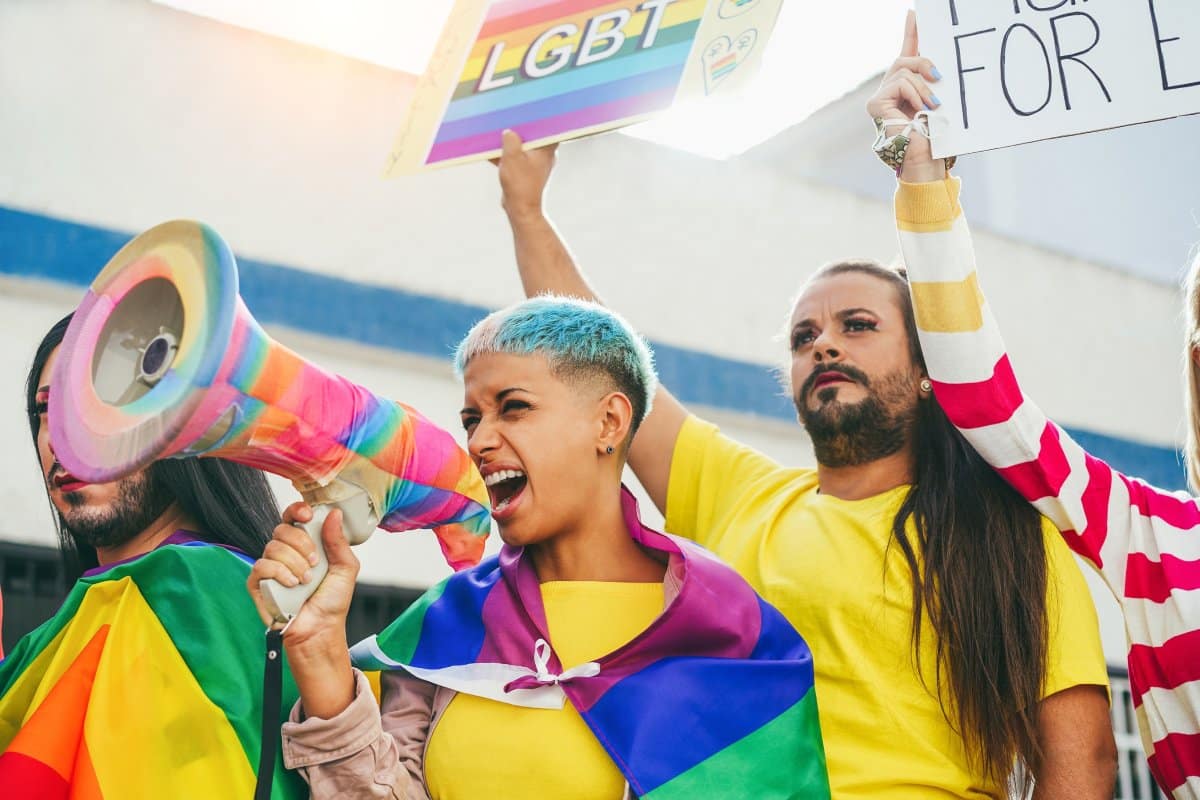Across the United States, anti-LGBTQ+ policies are having a significant impact, influencing various aspects of everyday life and societal norms. Here’s how these policies are reshaping America, touching not just the LGBTQ+ community, but everyone.
1. School Environments

Anti-LGBTQ+ policies in schools mean less support and fewer resources for LGBTQ+ students, which can lead to increased bullying and a less safe learning environment for everyone.
2. Workplace Dynamics

Restrictive policies can create hostile work environments, making it harder for LGBTQ+ individuals to be open about their identities, which stifles diversity and inclusion efforts in businesses across the country.
3. Healthcare Access

When policies restrict healthcare access for LGBTQ+ people, it doesn’t just hurt them—it stresses the entire system, potentially delaying care for you and your loved ones.
4. Mental Health

Restrictive laws contribute to higher rates of mental health issues among LGBTQ+ individuals, which impacts families, communities, and public health services.
5. Local Economies
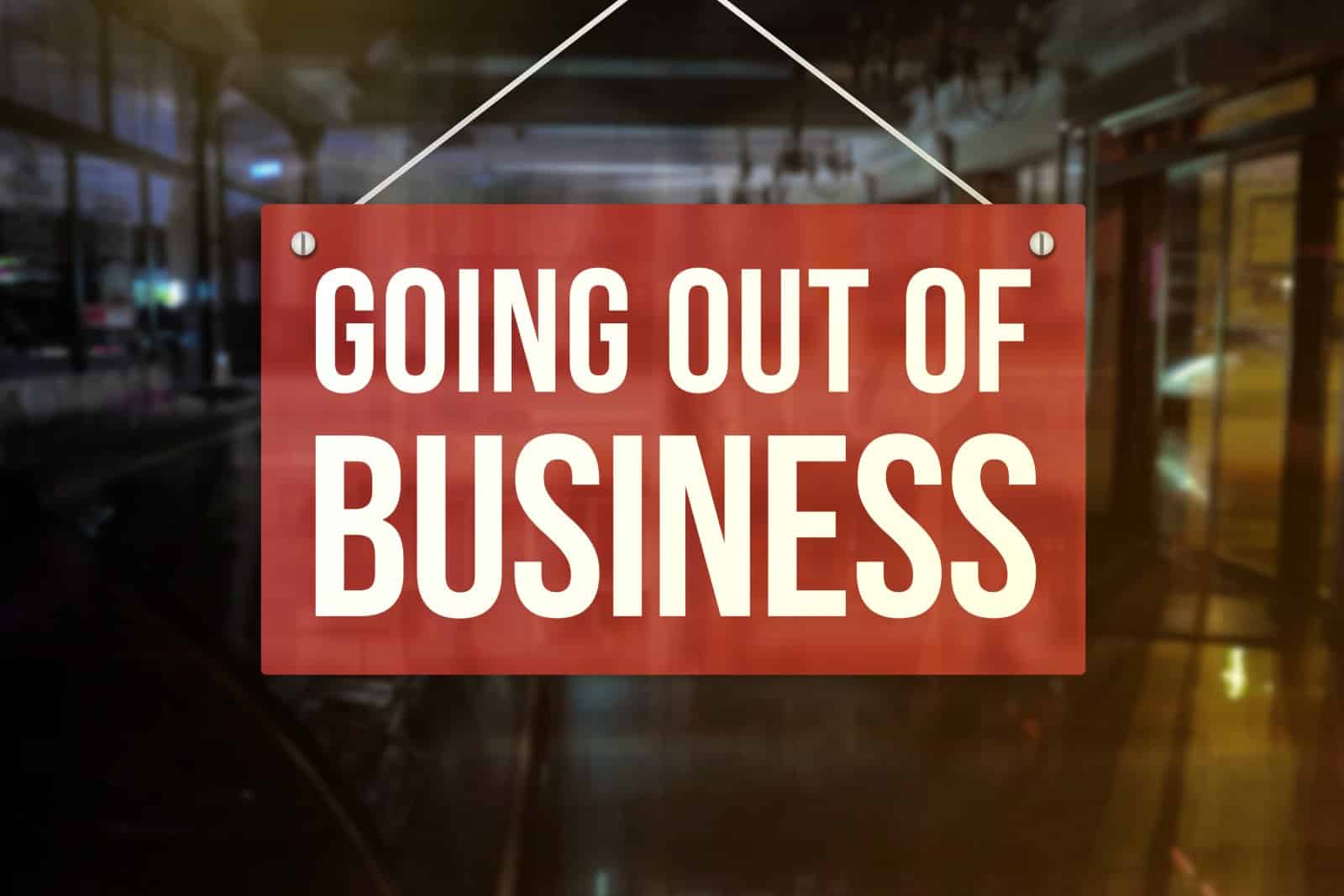
Cities that are seen as unfriendly to LGBTQ+ people can suffer economically, as businesses and talented individuals prefer more inclusive environments, potentially affecting job opportunities for everyone.
6. Cultural Creativity

Anti-LGBTQ+ policies can stifle the cultural contributions of LGBTQ+ artists and creators, leading to a less vibrant cultural scene that impacts local and national arts.
7. Tourism
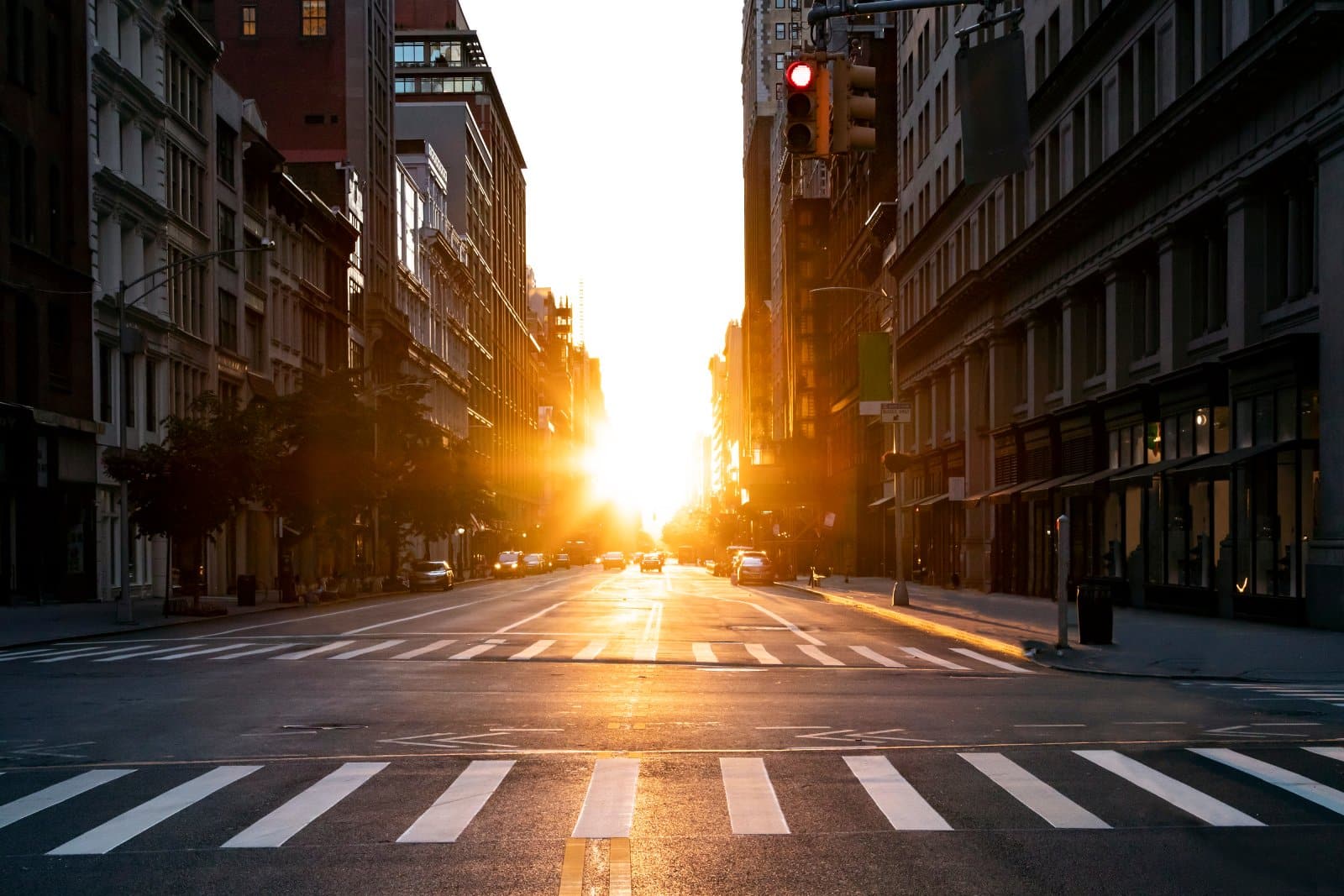
Areas with anti-LGBTQ+ reputations often see a decline in tourism, which can hurt local businesses and reduce cultural exchange opportunities.
8. Legal System

Focusing on anti-LGBTQ+ legislation can clog the legal system, diverting resources from other important issues that might directly affect you, like public safety and education.
9. Political Polarization

These policies fuel political divides, creating an environment where it’s harder to address key issues that impact everyone’s lives.
10. Community Cohesion

Anti-LGBTQ+ policies can fracture communities, leading to less cooperation and more conflict among residents, making neighborhoods less pleasant and potentially less safe.
11. Emergency Services

Discriminatory policies can lead to mistrust of emergency services, as LGBTQ+ individuals may fear discrimination in times of need, affecting overall community response times and effectiveness.
12. Family Relationships

Families with LGBTQ+ members may experience increased stress and division due to discriminatory policies, affecting family dynamics and mental health.
13. Youth Homelessness
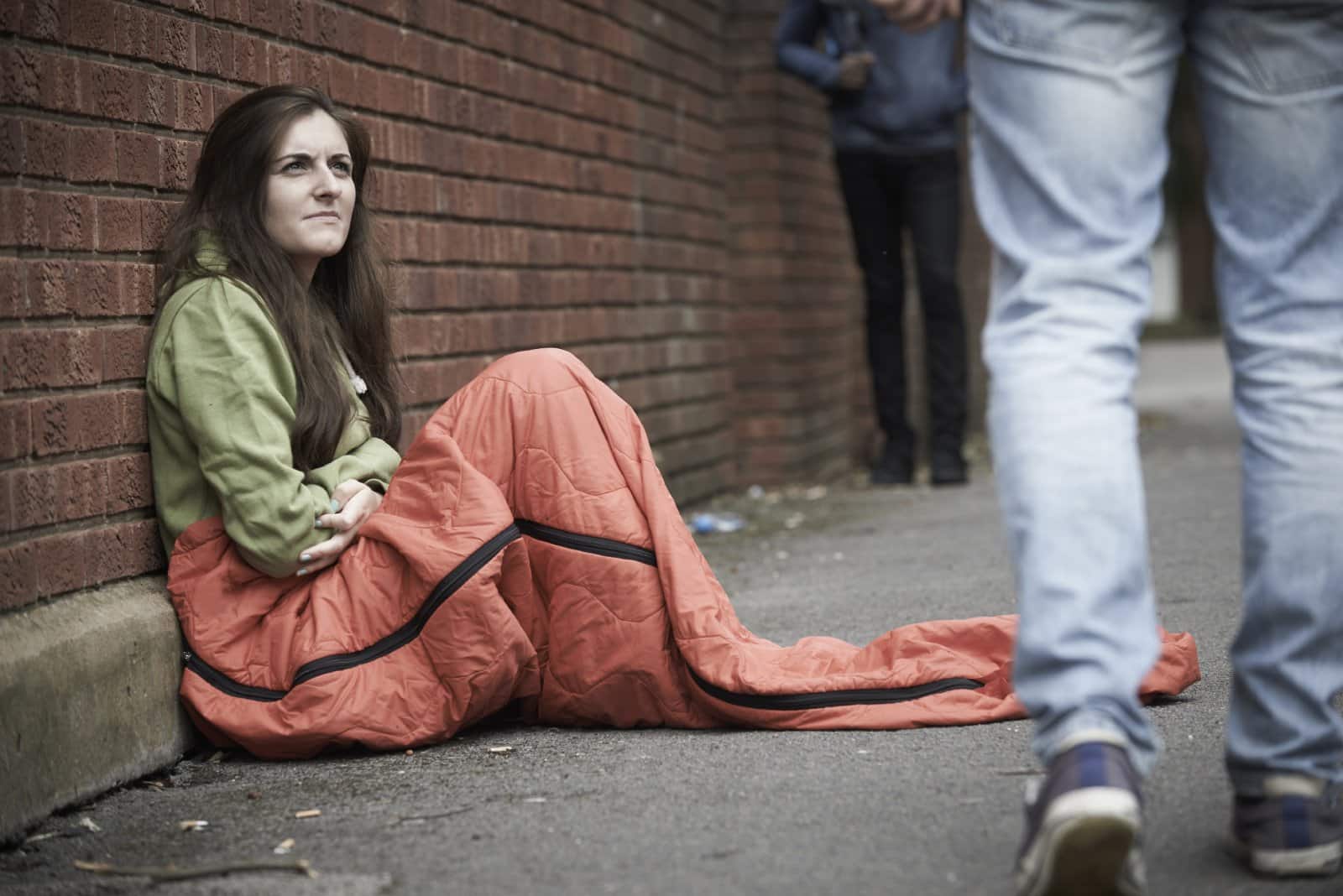
LGBTQ+ youths face higher risks of homelessness due to non-acceptance. This issue stresses social services and can increase public safety concerns.
14. Adoption and Foster Care

Restrictions on LGBTQ+ adoption can leave more children without homes, burdening the foster care system and affecting the lives of countless children.
15. Public Morale
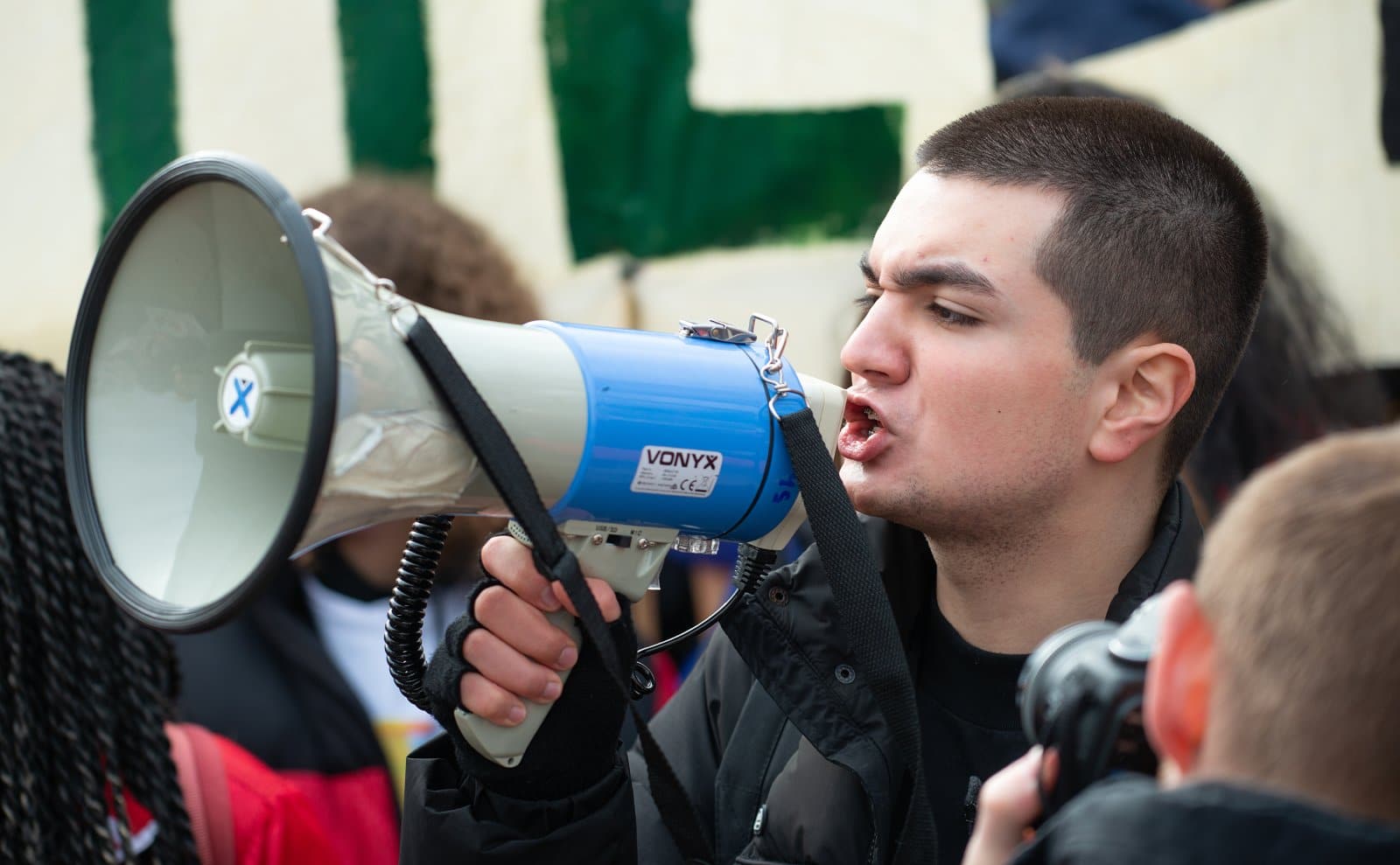
When policies discriminate against any group, it lowers the morale of the whole society, creating an atmosphere where inequality is tolerated.
16. Business Investment

Companies look to invest in places that align with their values, including diversity and inclusion. Anti-LGBTQ+ policies can deter investment, affecting job growth and economic stability.
17. Education on Human Rights

Restrictive laws can limit education on human rights and sexual orientation, leading to a less informed populace that may struggle to understand and respect diversity.
18. National Image
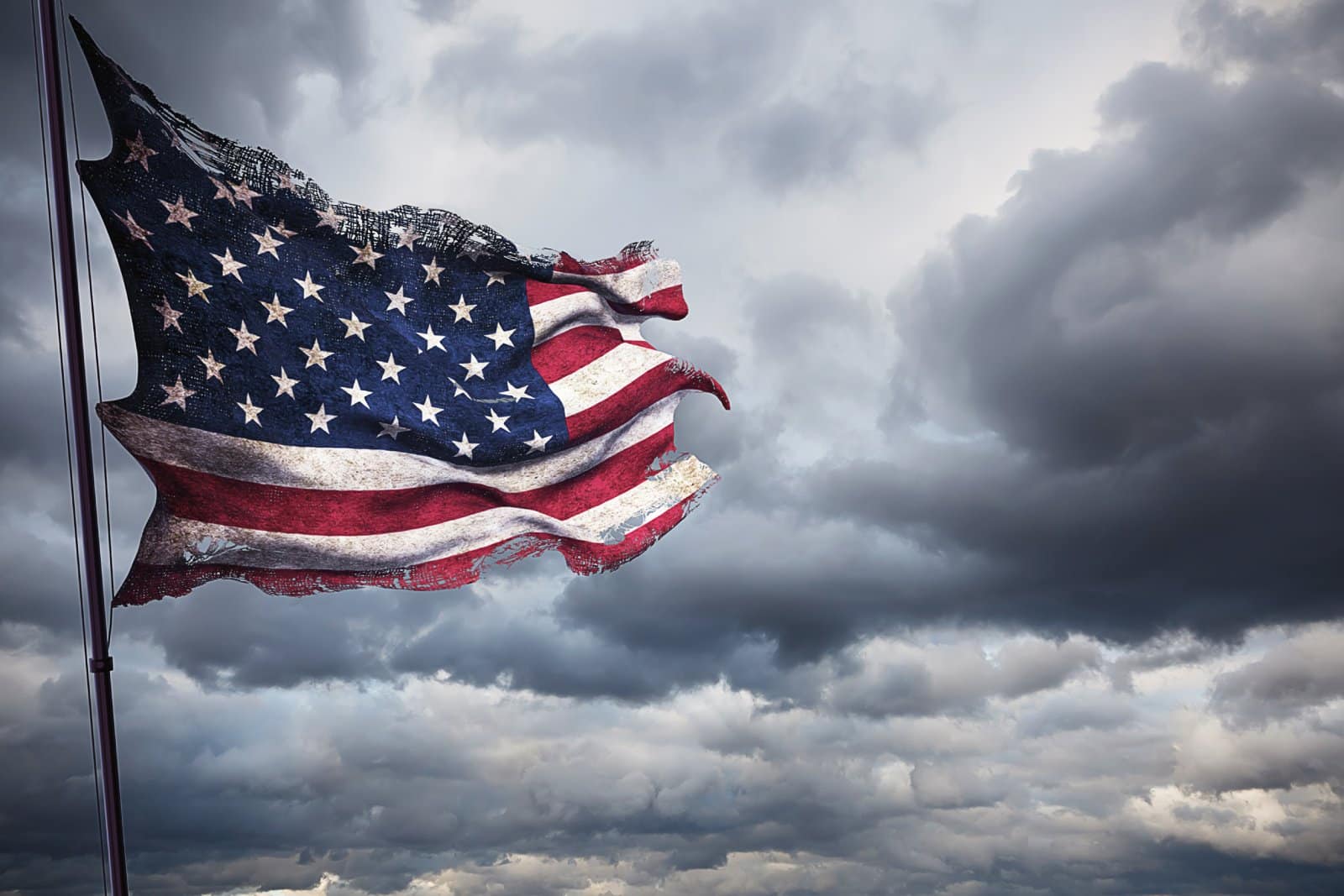
The U.S. is often seen as a leader in human rights. Anti-LGBTQ+ policies can tarnish this image, affecting international relationships and how Americans are perceived globally.
Why It’s Everyone’s Issue

Anti-LGBTQ+ policies reshape America in ways that affect us all, not just the LGBTQ+ community. It’s about more than just politics; it’s about the kind of society we want to live in—one that values all of its members or one that chooses to leave some behind.
The post 18 Ways the Anti-LGBTQ Agenda Is Back in a BIG Way in America first appeared on Pulse of Pride.
Featured Image Credit: Shutterstock / Tint Media.
For transparency, this content was partly developed with AI assistance and carefully curated by an experienced editor to be informative and ensure accuracy.

